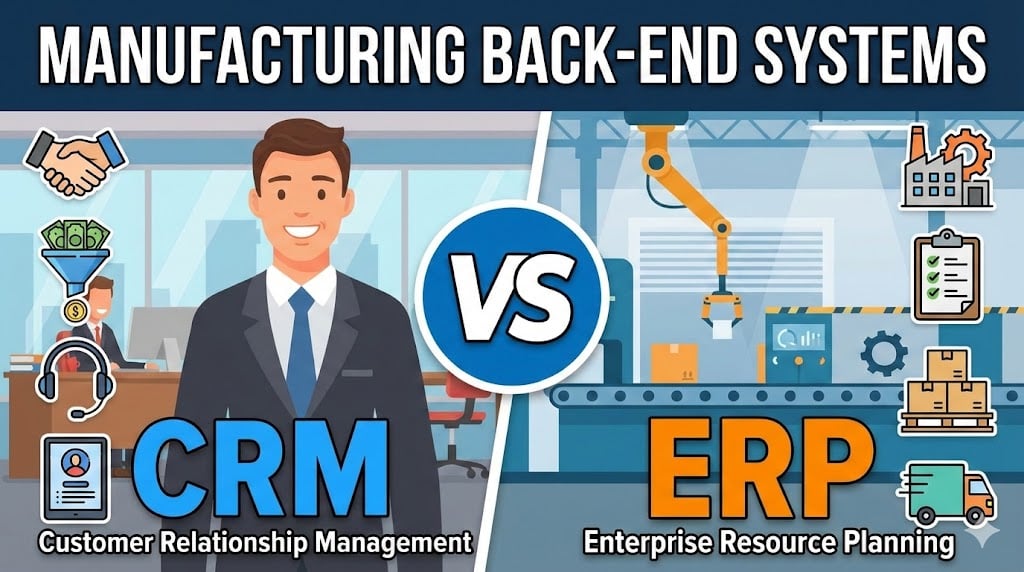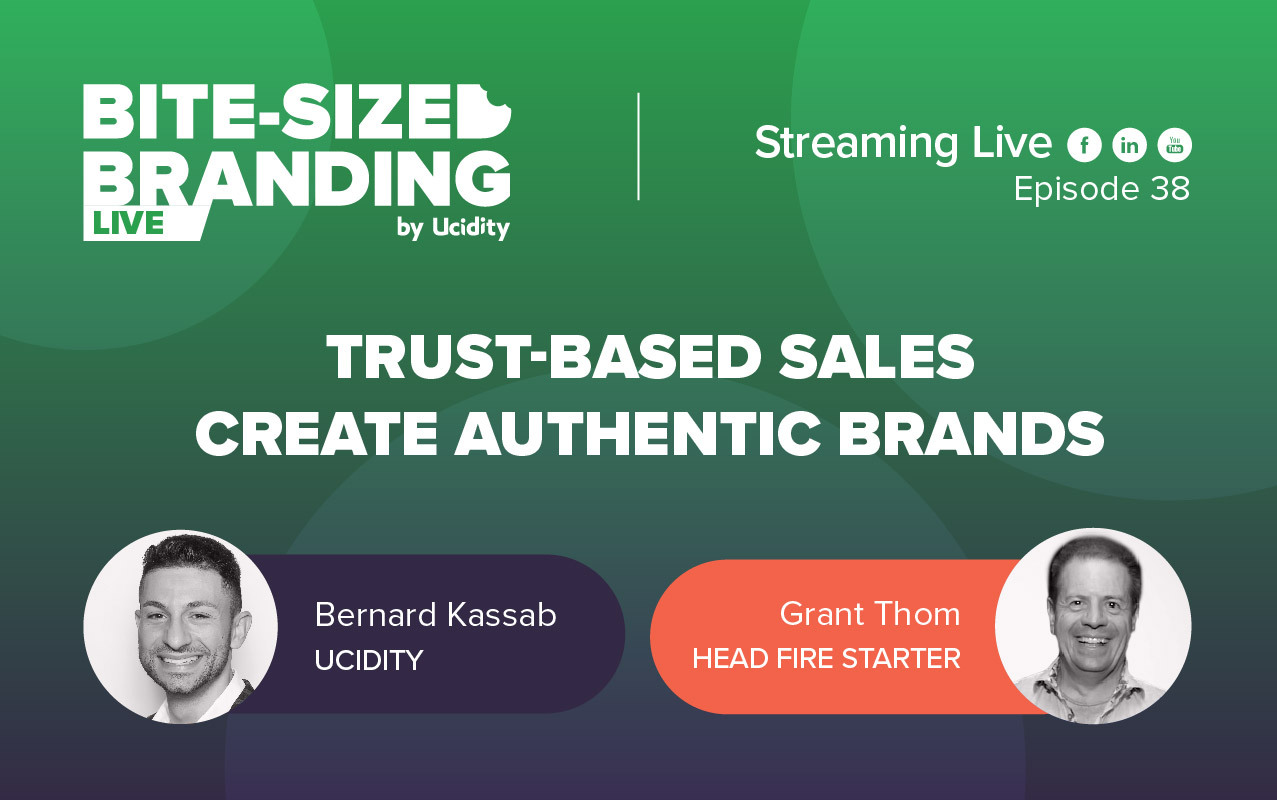
Content Marketing,Content Marketing | 5 min read
I hear this a lot: we’ve got a CRM but we don’t know if it’s set up correctly. In this article, I’ll take you through the main reasons that businesses invest in a CRM.
Why?
It will give you clues as to whether your CRM is set up correctly.
In a nutshell, a properly set up CRM:
- Enhances your branding
- Prevents “hit by a bus” catastrophes
- Gives you time back
- Provides “the truth” about your own business
- Fills your customers, prospects and staff with confidence
A CRM enhances your branding
My business partner Bernard shared this tip on a webinar recently. His passion is helping businesses get their brand on track, so he sees a CRM system as one of the ultimate resources to make this happen.
So how are the two connected?
Branding is all about providing a consistent experience for your customers, for your marketplace and for your business.
Let’s look at this scenario. It’s the first week for a new employee and they receive a customer inquiry in their Inbox. They’re probably wondering how to respond to the email. The answer to the customer’s question is probably quite simple - but the employee wants to know what language and tone to use. Is the customer entitled to option A or option B? How would other people normally answer this question?
The employee has two options:
- Attempt to answer the way they think it should be answered, or
- Use their CRM to put together a response based on your branding.
These CRM features will help with this scenario:
- Templated email responses to give the employee a starting point
- A list of similar clients and answers to their questions to help the employee get a feel for how to answer the email
- Automated email nurture sequences that the employee can add the customer to
There’s a whole lot more to this than the above scenario, but hopefully it should be starting to connect the dots for you.
A CRM prevents “hit by a bus” catastrophes
My first proper job involved making and taking sales calls for a company that sold computer software. In those days, software was sold in boxes over the phone - there was no such thing as selling over the internet.
Our CRM system was built in-house and took care of:
- Customer details - phone, address, email
- Customer history - what products they’d purchased, what products they might be interested in and any “notes” - i.e. a record of previous conversations
- Technical support queries
The owner of the company was almost obsessed about us having the CRM open when we were on the phone. It was a little scary at the time but it bred incredibly powerful habits.
If anyone was sick, on holidays or left the organisation we all stayed calm.
Why?
We knew that the CRM had all the right information for any type of customer inquiry - gone were the days of awkward conversations like - Fred’s away for the next few days, I’ll get him to follow up when he gets back.
We even got a lot of compliments about how well organised our business was and how informed our staff were.
It’s this type of CRM system combined with these types of CRM habits that prevent a “hit by a bus” catastrophe.
A CRM always gives you time back
I prefer to use this term rather than saves you time.
Why?
We’ll, a well-oiled CRM actually gives me the sensation of having extra time on my hands.
Simple tasks like answering a common sales inquiry can be handled in seconds instead of tens of minutes.
Multiply the number of inquiries and you could get 1, 2, 3 or 4 hours back in your week. You can also focus on the right stuff because you know that there’s a system to back you up rather than the overwhelm of too many emails / support inquiries / sales inquiries.
A CRM provides the truth about your business
The numbers never lie.
This statement can be both freeing and scary as a business owner.
When your CRM is set up correctly, you should be able to easily access numbers that give you instant feedback on how your business is performing.
Here’s a shortlist of common numbers:
- Sales conversion ratios - the number of inquiries that convert into sales
- Customer retention - how many new customers vs. customer leave your business
- The average lifetime value of a customer - how much do they spend with your business overall
- The length of time a sales prospect spends in each stage of your sales pipeline - i.e. where are the roadblocks that you can improve on
- How long do support inquiries take to get resolved
- How many website visitors do you get versus how many leads are generated
With these numbers, you can bring in an expert to improve the numbers that you know can perform better.
A CRM fills your customers, prospects and staff with confidence
A properly set up CRM is the cornerstone of information management for a business.
Imagine this scenario. A customer calls your business and wants to know whether their training course is locked in for next week. Your employee fumbles around trying to get their details and eventually puts the customer on hold - they need to talk to someone else. They rush over to the other person’s desk only to discover they’ve ducked out for a coffee. The customer is then told sorry, we’ll need to call you back.
Unfortunately, these types of scenarios are common and unfortunately they erode people’s confidence in your business.
On the other hand, imagine that same employee had all the right information at the fingertips with your CRM. They can even have a fun conversation thanking them for paying their invoice so early and ask how their family is.
If I’m an employee, sales prospect or customer - I know which phone call I’d prefer to have.
What’s next?
I’m passionate about helping businesses perform better and focus on the things they do best. In my experience, a CRM is critical to make this happen. In my next set of blog posts, I’ll deep dive into 7 key metrics that help you uncover whether your CRM is set up correctly. Keep an eye out for them on our website soon.
Published on July 10, 2020


_Banner%20Video.jpg)

